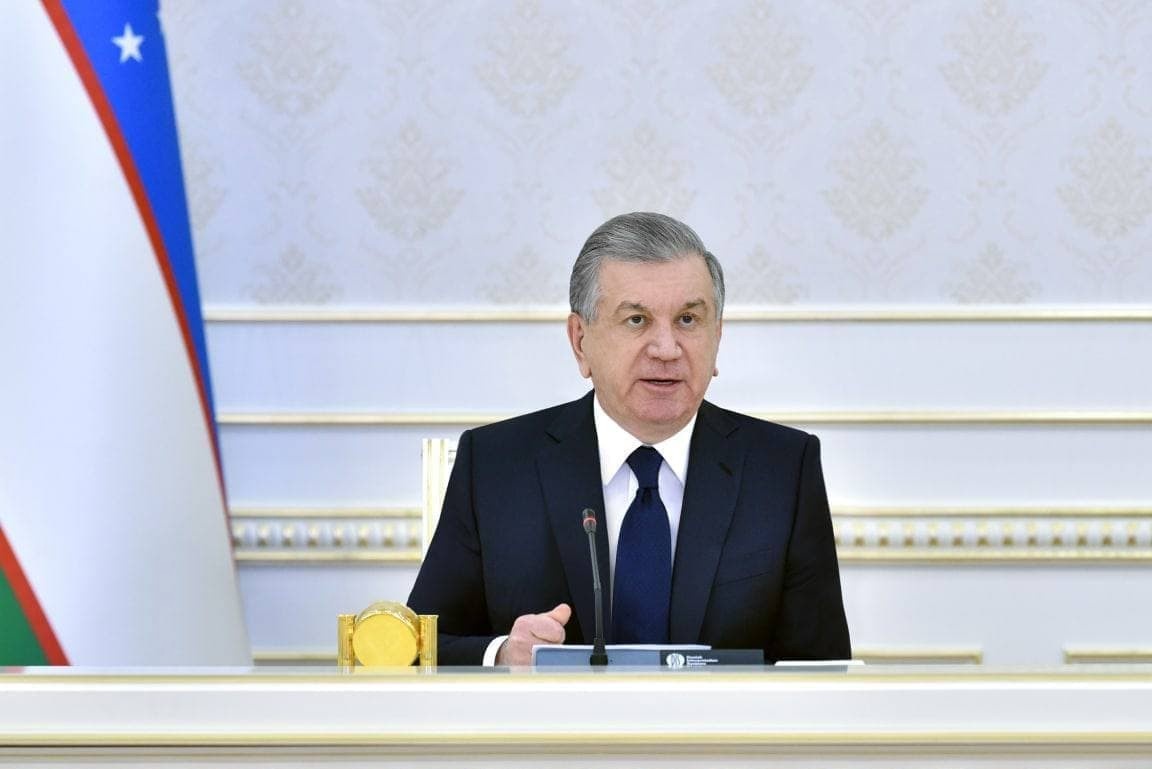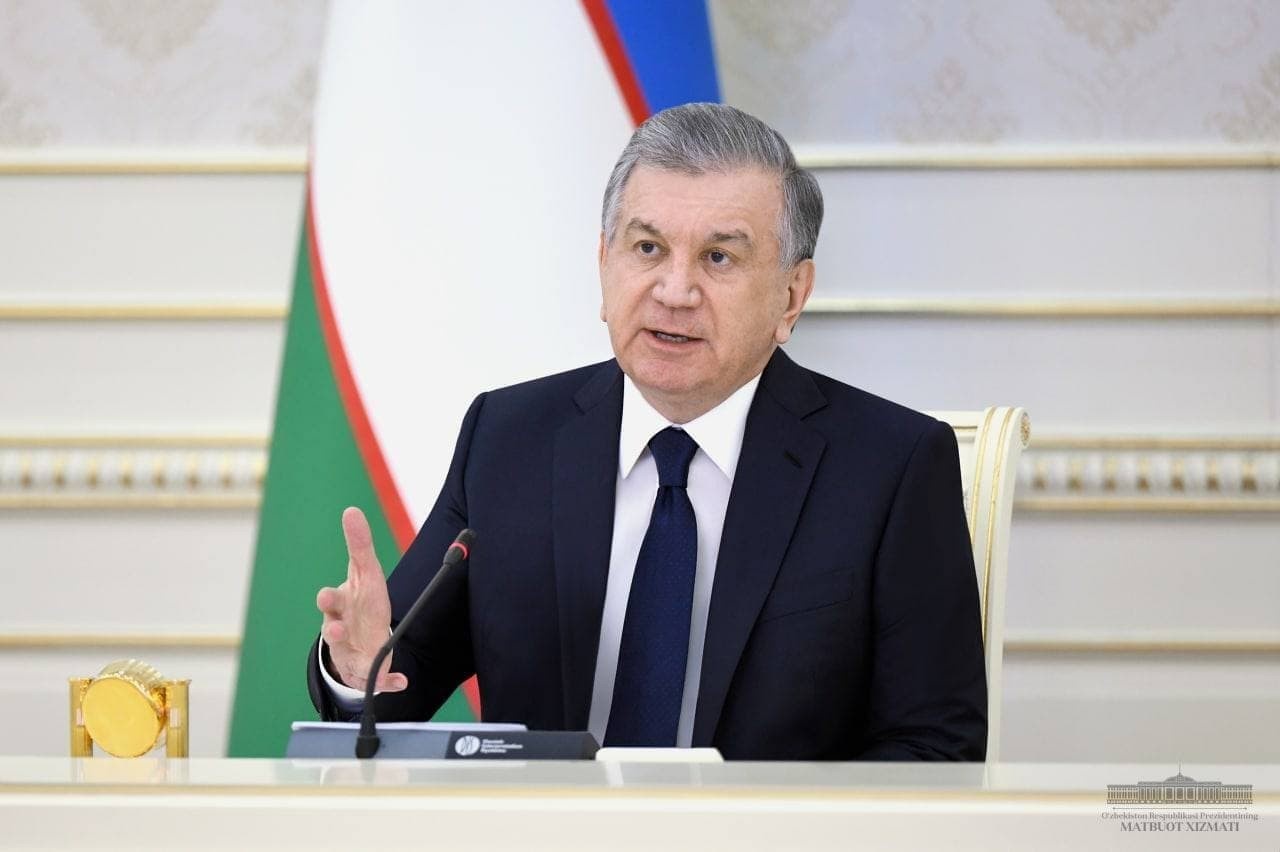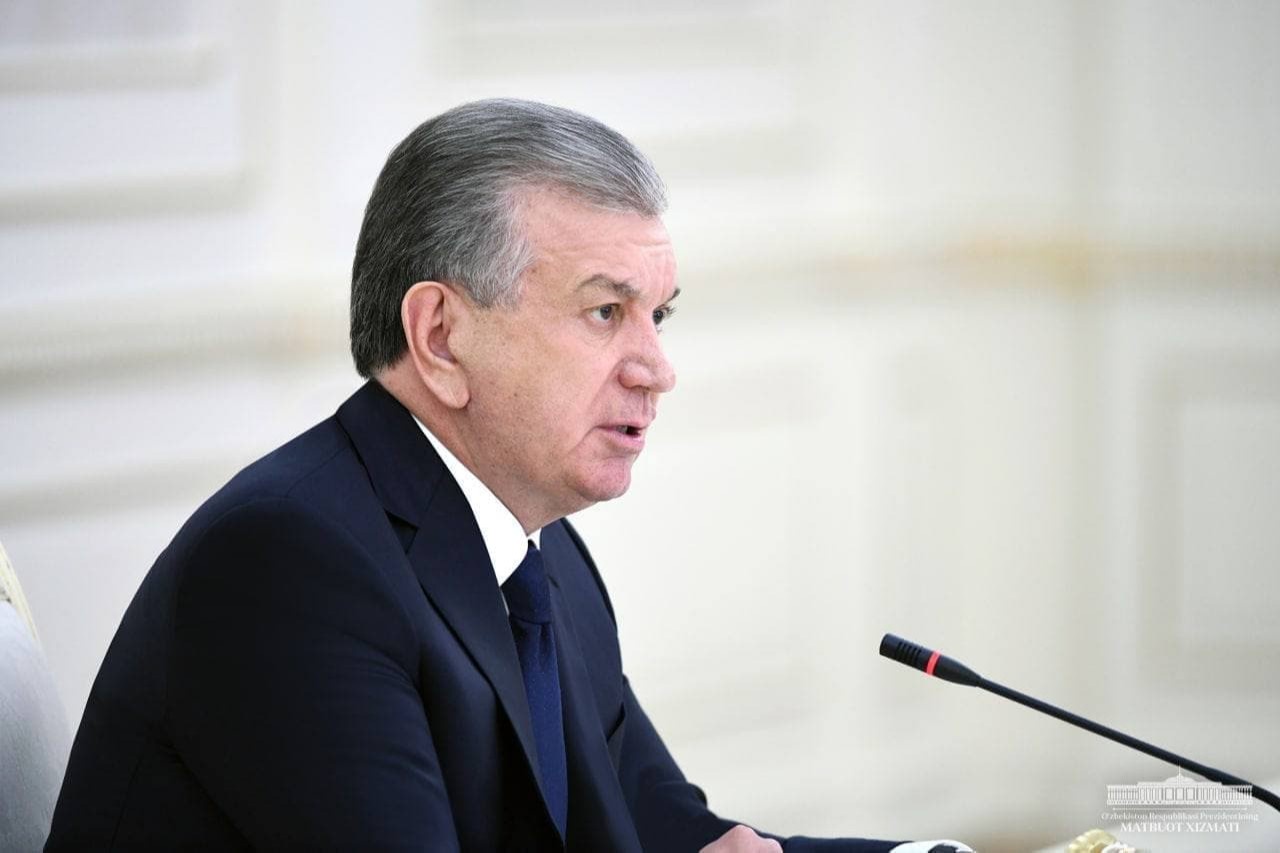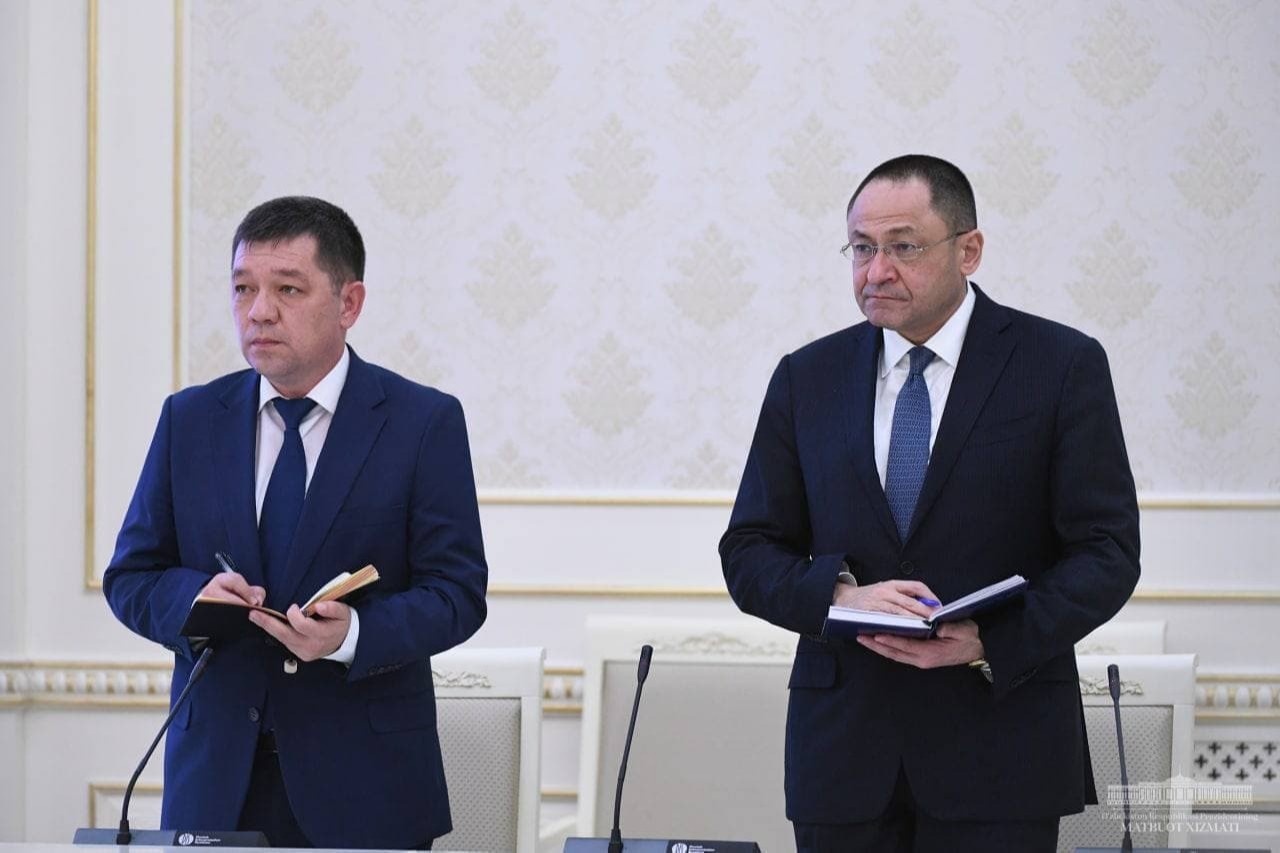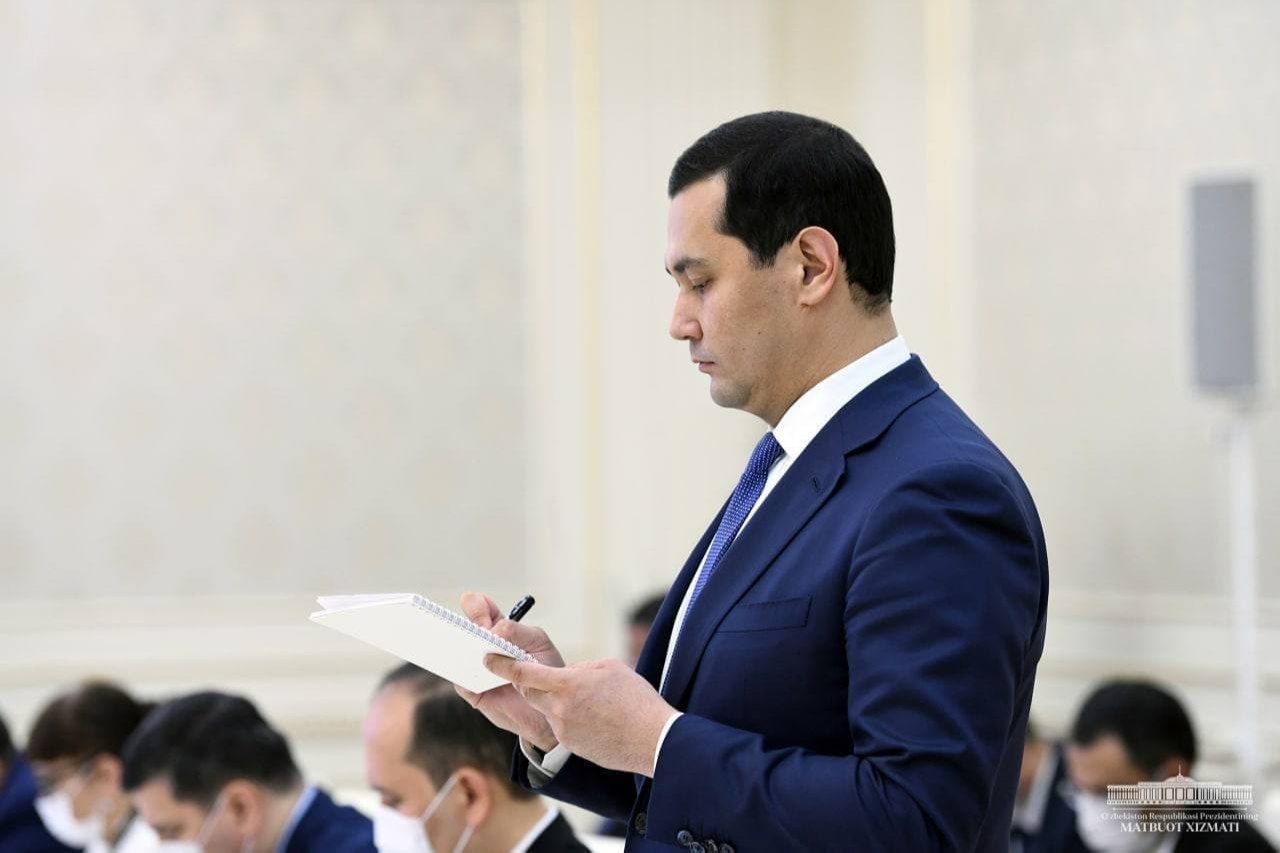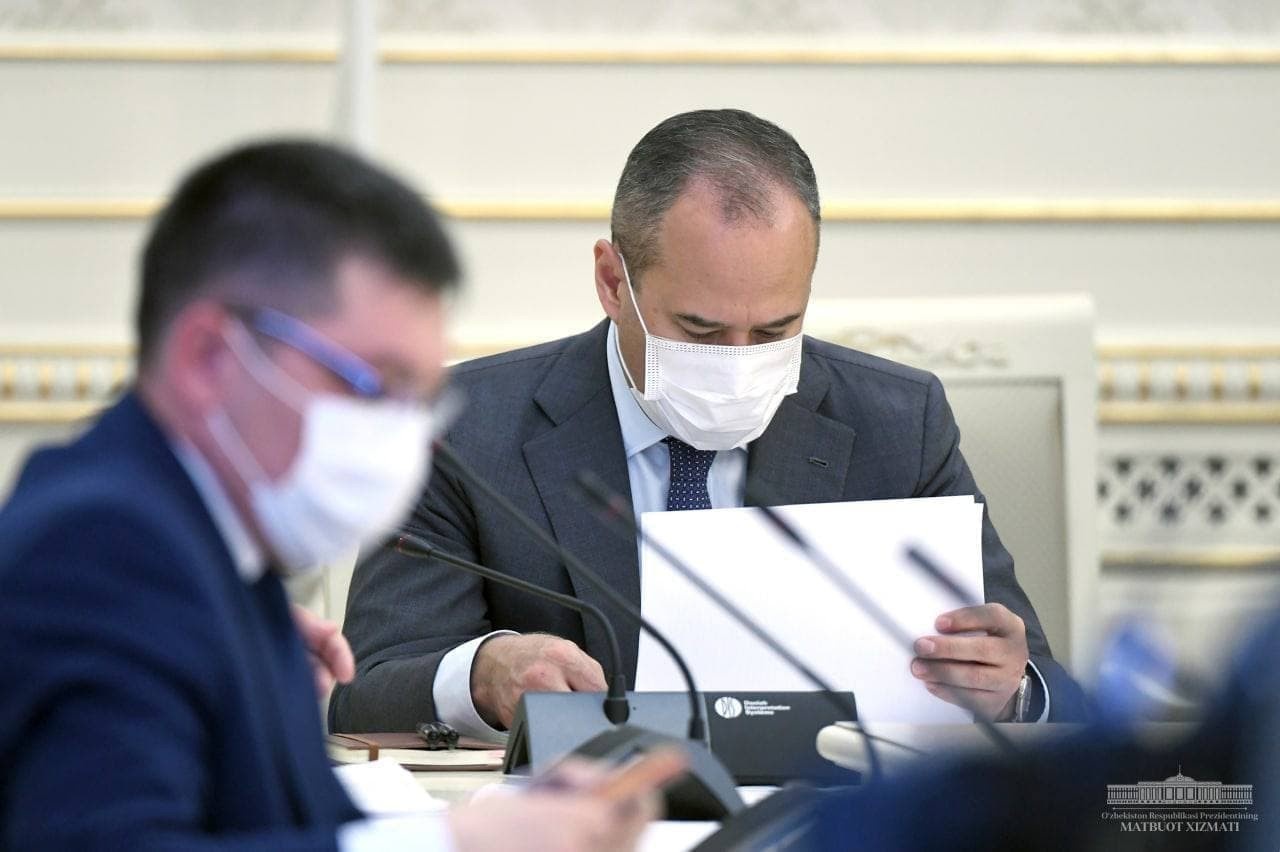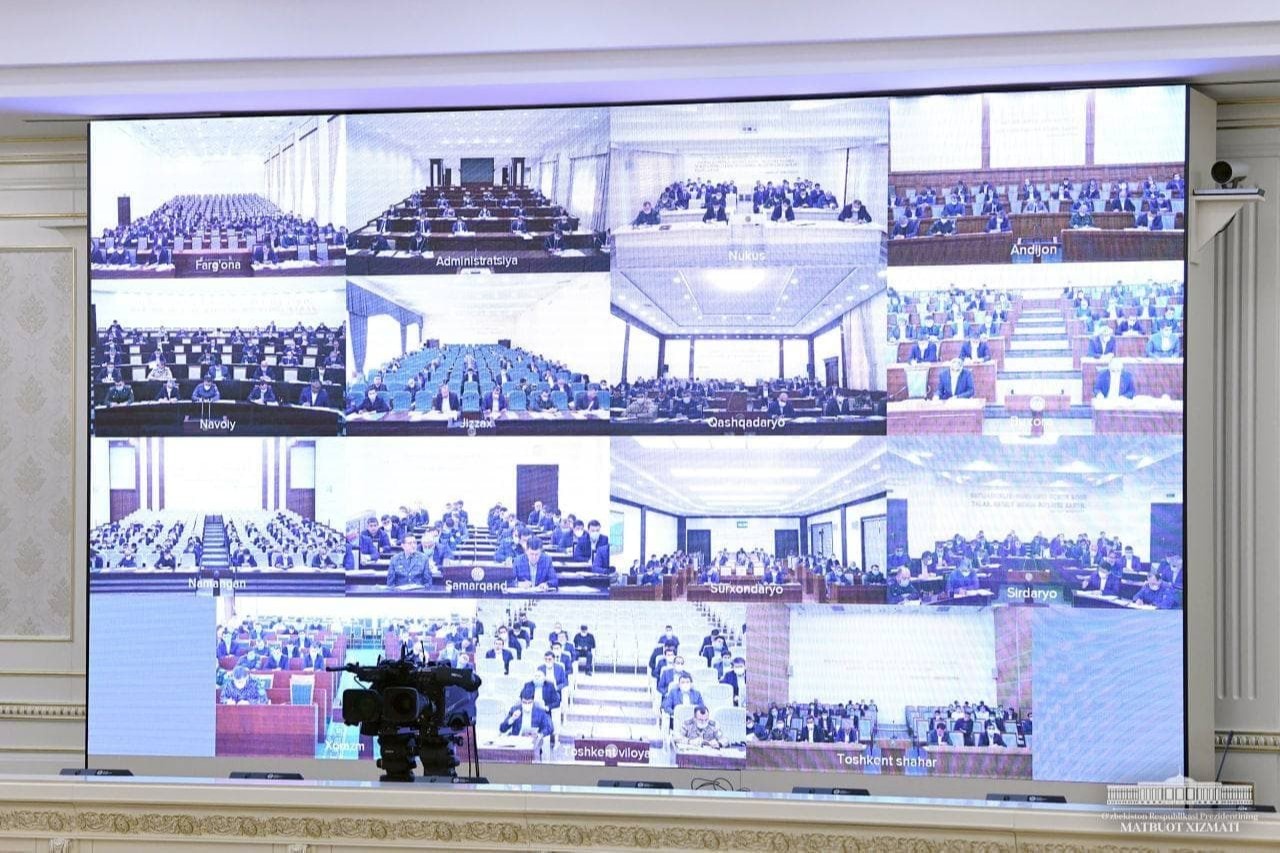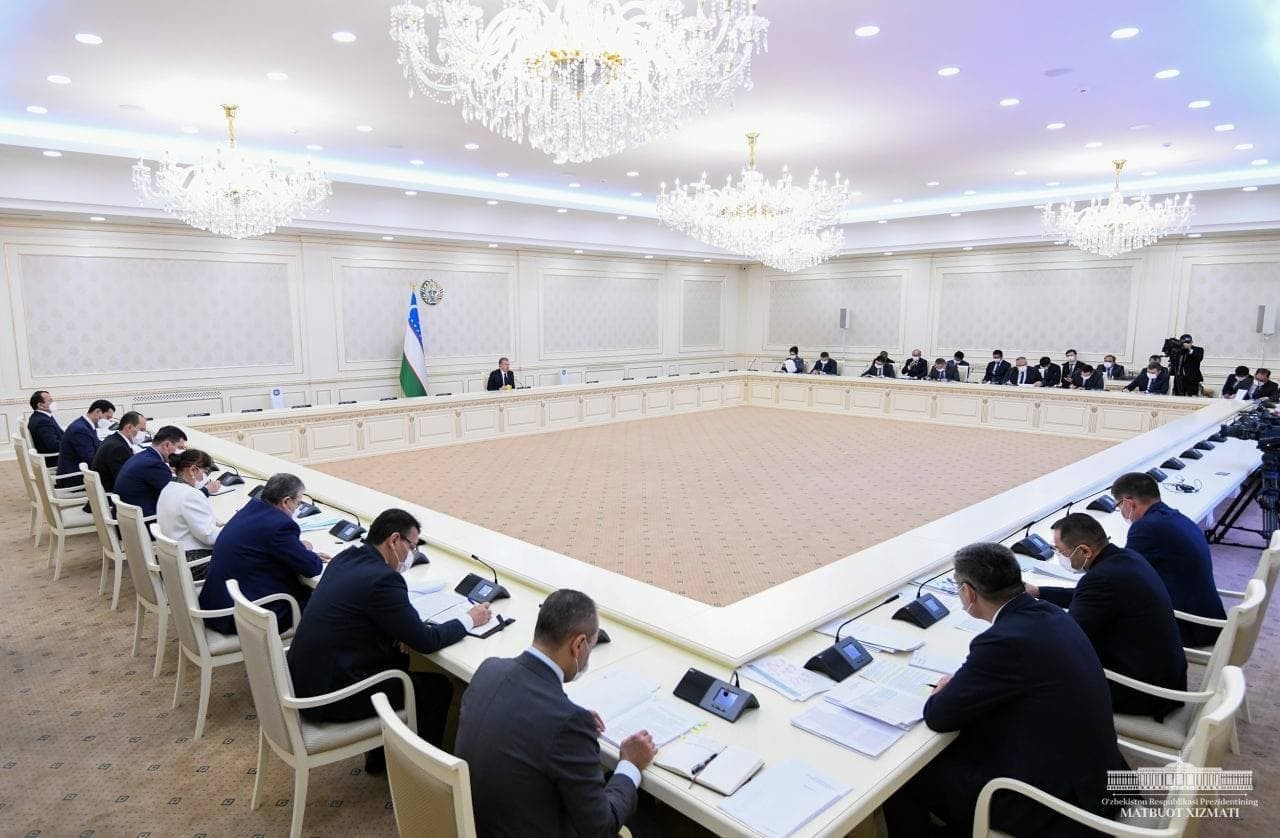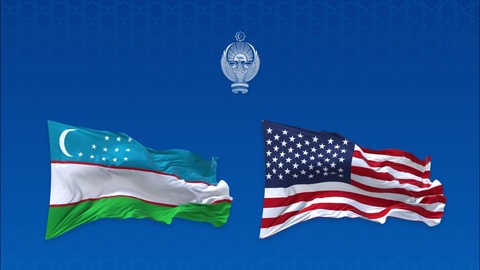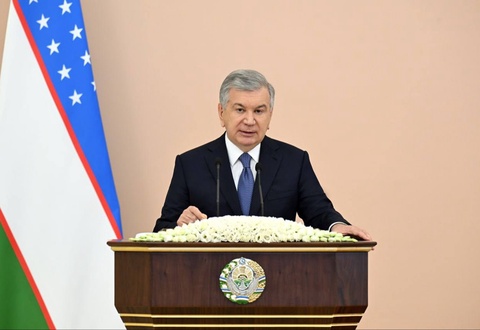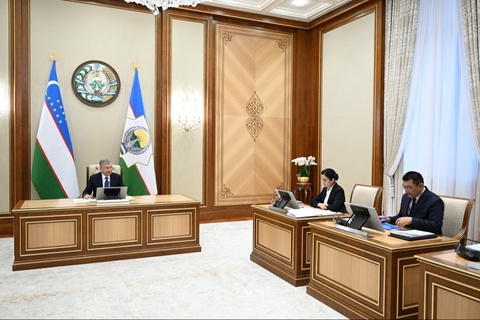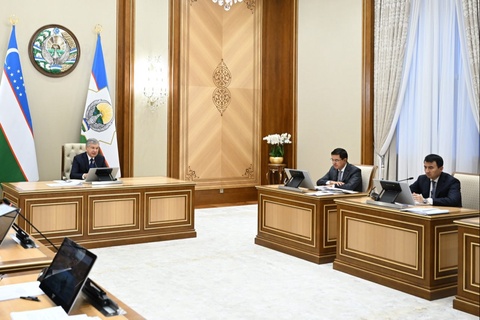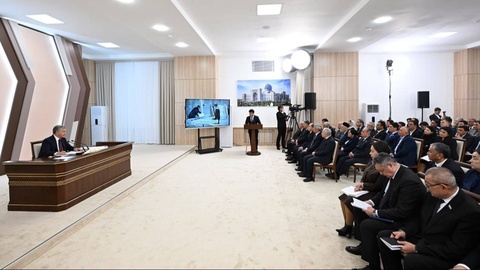Entrepreneurship is defined as a priority area for the development of the country’s economy and is supported by the state. In particular, last year small businesses received loans and financial assistance for 120 trillion UZS. More than 104 thousand enterprises affected by the pandemic recovered their activities, and the working capital of private enterprises increased by 33 percent compared to last year.
27 thousand new enterprises were created in the first quarter of this year. Loans to businesses increased by 13 percent compared to the same period last year.
It was noted that some regional and sector leaders are not able to take full advantage of these opportunities.
“We live in difficult years. Every day we need to look for something new, strive, work towards the ultimate goal. If we do not support entrepreneurs, do not create conditions for them, do not increase their numbers, the local budget will not be replenished in cities and districts. No matter how much funds we allocate, adopt decrees and resolutions, create favorable conditions, everything will be in vain if the top managers do not change their worldview, don’t make friends with an entrepreneur”, the Head of the state said.
At the meeting, held in a critical spirit, hokims and sector leaders were shown the state of entrepreneurship in their regions.
The Head of the state asked the responsible persons about which areas of business will develop, how many new projects will be implemented, how many jobs will be created and how many people will be employed.
It was noted that radical changes took place in 28 of the 33 underdeveloped districts. 2,000 new projects have been implemented, 25,000 people have been employed in these districts.
Based on this experience, the hokims of regions, districts and cities were instructed to develop, approve in local councils and organize the implementation of development programs for each mahalla.
The issue of allocating land and buildings for entrepreneurship was also discussed.
The Head of the state noted the need for creating conditions for employment directly in mahallas.
For example, we can start business projects in a mahalla building, or build on a private partnership and share a new building. It is also convenient and inexpensive to build mobile units from modern structures.
Responsible organizations were instructed to organize trade and service units made of lightweight structures, to develop a procedure for their placement through an auction.
It was proposed to provide local councils with the right to put up land plots for sale in remote areas at a discount to the starting price of up to 50 percent. The possibility of creating small industrial zones on unproductive and unused agricultural land was also indicated.
Infrastructure is also essential for business sustainability. However, local shortcomings hinder the development of entrepreneurship.
In particular, due to infrastructure problems, 320 entrepreneurs are unable to launch equipment worth $220 million that they have imported over the past 2 years.
Another example is that due to insufficient power supply, 24 enterprises in Yangikhayot district can lose 2,500 jobs and lose $25 million in exports.
Therefore, this year, more than 2 trillion UZS have been allocated to the infrastructure of industrial zones. Due to this, by the end of the year, 168 industrial zones will be provided with 468 kilometers of power grids, 362 kilometers of gas pipelines, 405 kilometers of water supply networks and 104 kilometers of roads.
The Business Ombudsman was instructed to study the infrastructure problems of entrepreneurs and make proposals to the Prime Minister on their solution.
Particular attention was paid to the issue of financial support for entrepreneurs.
During the pandemic, 1 trillion UZS were allocated for the development of the service sector. As a result, 20 thousand people were employed.
In this regard, the Central Bank was instructed to direct at least 1 trillion UZS from funds allocated this year for family entrepreneurship, to new projects in the service sector.
It is also planned to increase the amount of compensation for the interest rate on loans from 1.5 to 1.75 times the base rate of the Central Bank.
This year, entrepreneurs will be provided loans to replenish working capital for at least 40 trillion UZS, as well as revolving loans to exporters at the expense of 1 trillion UZS from the Export Promotion Agency.
To expand support for entrepreneurs, a procedure will be developed to provide disciplined entrepreneurs who pay taxes on time within three years, the right to pay 50 taxes in installments.
It was also instructed to halve the amount of fines for late receipt of foreign exchange earnings from exports, to distribute the debt collected by compulsory execution equally between the budget and entrepreneurs.
Public procurement is a great opportunity for small and medium-sized businesses, and hokims need to more actively involve entrepreneurs in this process and increase their share in public procurement at least 2 times.
The issues of entrepreneurship development and employment are closely related. This year, the employment program aims to create 457,000 new permanent jobs.
In particular, it is planned to create 210 thousand new jobs through the organization of small and medium-sized businesses and new individual entrepreneurs, 248 thousand new jobs through sectoral and regional investment projects.
Besides, subsidies for 92 billion UZS will be allocated to 40 thousand unemployed people to stimulate their self-employment.
At the meeting, attention was again drawn to the relevance of these issues and instructions were given to responsible persons.
It was noted that in the first quarter of this year, revenues to the budget for 36 trillion UZS were provided, 1.6 trillion UZS remained at the disposal of local budgets. The issues of guaranteed provision of receipts by expanding the available resources and analyzing additional reserves were discussed.
It was decided to take disciplinary measures against hokims, deputy hokims and sector leaders who made serious shortcomings in their work and did not pay attention to working with entrepreneurs.
Heads of industries and regions provided information on the issues discussed at the meeting.


